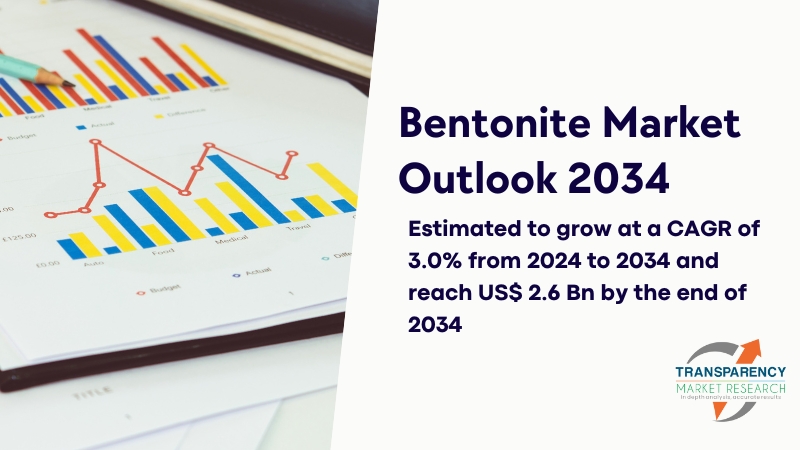
The federal government, in collaboration with the World Bank, has deployed an advanced Supervisory Control and Data Acquisition (SCADA) system, a significant step towards enhancing the stability and reliability of the national power grid. The initiative, unveiled by the Transmission Company of Nigeria (TCN), which involves an investment of $6 billion, aims to modernise the country’s electricity infrastructure, addressing long-standing challenges in power supply management. SCADA is an advanced technology designed to automate and manage Nigeria’s power grid more effectively, improving grid stability, reducing outages, and increasing energy efficiency.
During a demonstration at the National Control Centre in Gwagwalada, Abuja, the minister of Power, Adebayo Adelabu, highlighted the significance of the SCADA system in revolutionising the management of the national grid. Adelabu emphasised that this SCADA system will facilitate real-time monitoring and control of the grid, enabling operators to efficiently manage loads and swiftly respond to outages. He described the project as a transformative upgrade that symbolises the government’s commitment to improving power supply sustainability across Nigeria.

Represented by the acting permanent secretary, Engr. Emmanuel Nosike, chief Adelabu noted that the system allows for real-time monitoring of grid performance. According to Adelabu, “The SCADA system will enable us to monitor the entire electricity network from a centralised location, ensuring prompt responses to outages, efficient load management, and optimised system performance.
With features like automated data collection, fault detection, and remote-controlled operations, we are laying the foundation for a more resilient and responsive power sector.” He added: “This initiative aligns with our broader vision of achieving energy security and expanding access to electricity for all Nigerians, which is the primary objective of the Nigerian Electricity Transmission Access Project (NETAP). The introduction of SCADA is part of our strategic efforts to modernise power infrastructure and implement smart grid technologies.
“As we strive to provide reliable electricity, we are also creating an environment conducive to private sector investment, innovation, and development in the energy market.” TCN managing director, Sule Abdulaziz, explained that the successful demonstration of the system is a result of years of effort and reflects the government’s commitment to ensuring reliable electricity supply. He disclosed that the contract for the system was awarded in 2022 and includes the installation of 2,723 kilometres of optical ground wire along transmission routes.
Repairs have also been carried out on approximately 2,500 kilometres of existing optical ground wire. Abdulaziz noted, “The project has facilitated the manufacture and shipping of automation, telecommunication, control centre equipment, and other auxiliary equipment. Offshore training has also been provided for 135 technical staff on SCADA and telecommunications equipment operation and maintenance.
” World Bank country director Ndiame Diop, whose institution played a crucial role in financing the project, expressed optimism about the SCADA system’s impact on Nigeria’s energy sector. “This is history in the making. We have been partners with Nigeria for many years, and we believe this project marks a turning point in the effort to improve the Nigerian electricity supply industry,” he said.
However, Diop acknowledged some challenges in project implementation but assured continued support. “Our plea is that the leadership in the Ministry of Power and TCN continue their efforts to ensure the timely completion of this project,” he added. The launch of the SCADA system represents a major step forward for Nigeria’s power sector, marking a new phase of innovation and reliability.
As Adelabu noted, “The launch of this SCADA system is not merely a technological upgrade; it is a clear demonstration of our resolve to build a robust power sector that meets the needs of the present while being sustainable for the future.” This development is expected to bolster private sector investment in Nigeria’s energy market, further accelerating growth in the power sector and driving the nation towards achieving its electrification goals..














